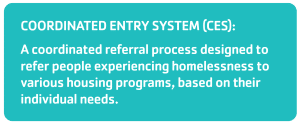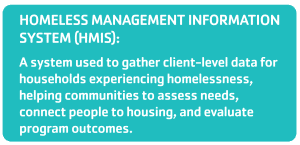
The Youth Homelessness Systems Improvement (YHSI) project is driving systems-level change in San Diego’s youth homelessness response. Working alongside youth providers and young people with lived expertise, we are examining how young people connect to housing support, how data is collected and used, and how providers collaborate across the region.
Through focus groups, interviews, advisory boards, and surveys with young people (who are compensated for their time and expertise) along with collaborative workgroups with frontline providers, we are identifying both challenges and opportunities. These findings are charting a path toward stronger coordination, improved data practices, and more youth-centered approaches.
What We HEARD FROM THE COMMUNITY
COORDINATED ENTRY SYSTEM (CES)

- Youth and staff struggle to navigate CES and understand how it works.
- Many youth are exited due to inactivity, even when they still need housing.
- The CES assessment process is lengthy and can feel re-traumatizing.
- Prioritization policies should be reassessed.
- Clearer processes are needed to ensure referrals lead to housing.
HOMELESSNESS MANAGEMENT INFORMATION SYSTEM (HMIS) Use, Data Quality, & Staff Training

- Staff across organizations need more consistent training and support using HMIS.
- HMIS has untapped potential as a tool for case continuity and information-sharing.
- Staff and youth raised concerns about protecting sensitive data.
- Youth want clearer explanations of HMIS and how their data is used.
Access to Housing & Resources
- Staff primarily rely on community networking to connect youth to resources.
- Youth and staff both want more training on available resources and how to provide youth-centered support.
- Transitional housing, shelter beds, and other non-CES housing options remain very difficult to access.
- Non-housing resources face similar challenges, including unclear processes and repeated follow-ups.
Youth Voice & Autonomy
- Youth consistently expressed a desire for more control over their cases, including better access to information, clearer communication channels, and ways to advocate for themselves within the system.
ACTION STEPS UNDERWAY
CES UPDATES
A workgroup is revising assessment questions, updating prioritization policies, streamlining referral and transfer processes, developing best practices for grievance procedures, and exploring a CES Youth Case Conferencing model.
CARE COORDINATION MEETINGS
Bi-weekly meetings (launched in April 2025) are bringing youth providers together for networking, resource sharing, and streamlining access to housing beds. If you’d like to be involved, contact Jasmyne Sheridan at jsheridan@ymcasd.org.
HMIS TRAINING
Updated training plans and materials have been finalized and are preparing for rollout to youth providers across the county. Efforts are also underway to expand CES and HMIS access for frontline staff and providers, ensuring they have the tools needed to better coordinate and deliver services.
REFERRAL PROCESSES
A countywide map of existing housing and supportive resources is currently being developed, along with research into platforms and policies that can simplify access to services. This work includes creating a shared database and referral process to streamline connections to housing programs outside of the Coordinated Entry System (CES) and improving public-facing information to make youth-specific resources easier to find and navigate.
YOUTH EMPOWERMENT
A new advisory group of youth with lived experience is creating opportunities for engagement and leadership, strengthening coordination across Youth Action Boards, and shaping a comprehensive compensation structure to ensure fair recognition for youth contributions.
YOUTH ACCESS RESEARCH
In partnership with UC Berkeley, research is identifying youth who are not currently connected to the homelessness response system and strategies to reach them.
CROSS-SECTOR COLLABORATION
In partnership with UC Berkeley, research is strengthening coordination between the youth homelessness response system and sectors often disconnected from it, including schools, health care, indigenous communities, and the juvenile justice system.
INTERESTED IN GETTING INVOLVED?
If you’re a young person experiencing homelessness or housing instability, your perspective can help improve housing and homeless services for other young people in our community. All participation opportunities are paid.
If you have experience working with young people experiencing homelessness or housing instability, we welcome your feedback and collaboration to continue to strengthen our youth homelessness response system.



